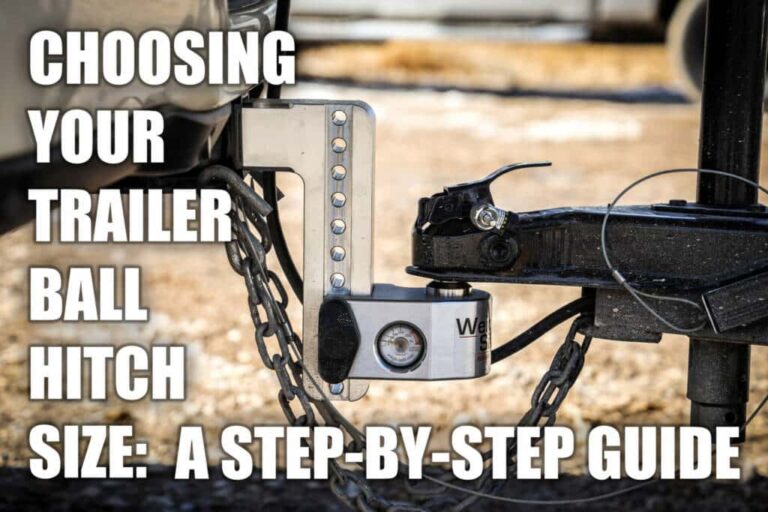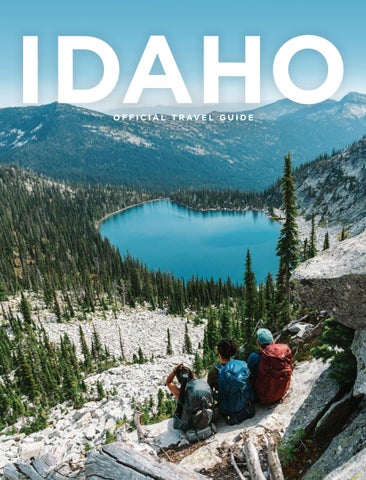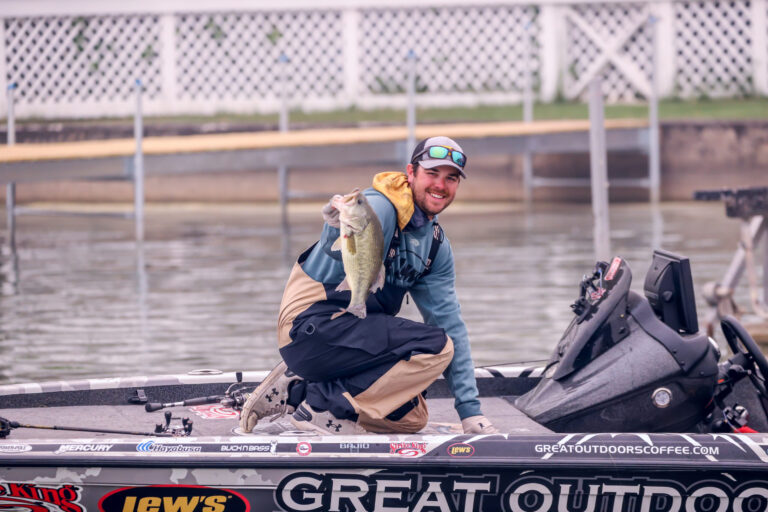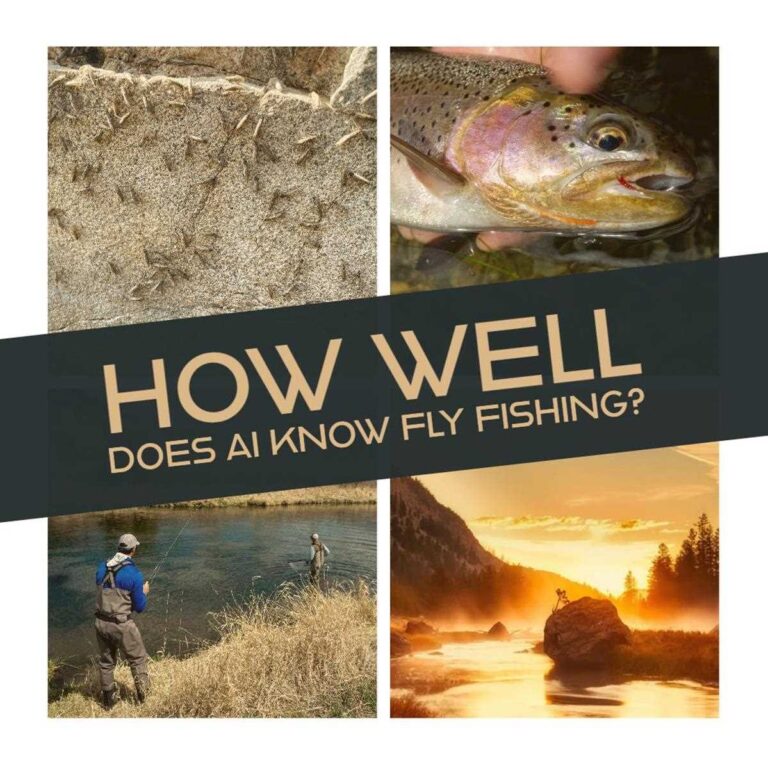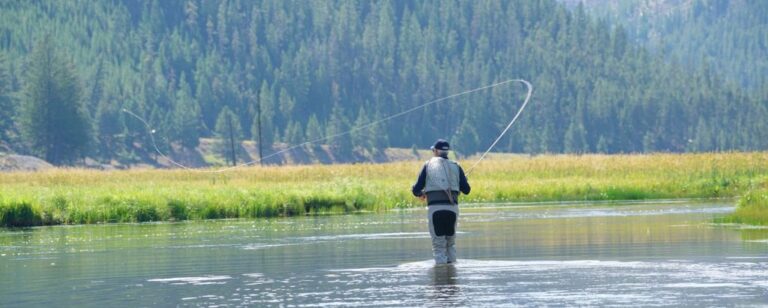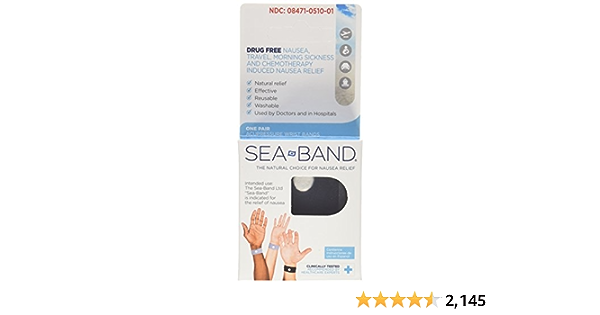Fishing can be expensive, depending on various factors such as equipment, location, and permits/licenses required. However, with careful planning and budgeting, it is possible to enjoy fishing without breaking the bank.
We will explore the different costs associated with fishing and provide tips on how to make the most of your fishing experience within your budget. Whether you are a beginner or a seasoned angler, understanding the expenses involved in fishing can help you plan ahead and make informed decisions.
So, let’s dive into the world of fishing expenses and discover ways to enjoy this popular outdoor activity without emptying your wallet.
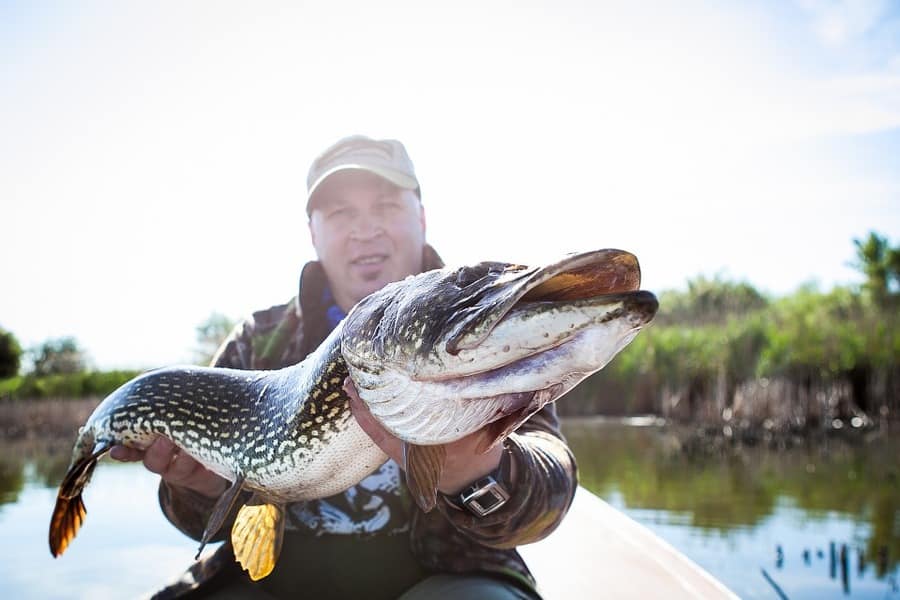
Credit: freshwaterfishingadvice.com
**1. The Cost Of Fishing Gear**
1. The Cost Of Fishing Gear
Fishing is a beloved pastime for many, offering relaxation and the thrill of the catch. But before you embark on your angling adventure, it’s important to understand the costs involved. One of the major expenses you’ll encounter as an aspiring angler is fishing gear.
Let’s dive into the factors you should consider when purchasing fishing gear, the different types available, and whether there are affordable alternatives to the pricier options.
Factors To Consider When Buying Fishing Gear:
- Quality: The quality of your fishing gear can greatly influence its price. High-quality gear tends to be more expensive but is likely to last longer and perform better in the long run.
- Brand: Certain brands are known for their superior craftsmanship and reliability, which often come with a higher price tag. However, it’s worth considering more affordable brands that still offer decent quality for beginners or occasional anglers.
- Type of fishing: The type of fishing you intend to pursue will dictate the specific gear you’ll need. Whether you’ll be fishing in freshwater, saltwater, or targeting a specific species, understanding your fishing goals is crucial in selecting the right gear.
Different Types Of Fishing Gear And Their Prices:
- Rods and reels: The backbone of any angler’s arsenal, fishing rods and reels come in a range of prices depending on their quality, materials, and features. Entry-level combos can be found for as low as $30, while high-end options can go up to several hundred dollars.
- Lines and hooks: Fishing lines and hooks are essential components that vary in price depending on their strength, durability, and type. You can find fishing lines ranging from $5 to $30, with hooks typically costing around $1 to $3 per pack.
- Baits and lures: Artificial baits and lures are available in a wide variety, with prices ranging from a few dollars for basic options to more expensive ones that can surpass $20. The cost often depends on the brand, design complexity, and materials used.
- Tackle boxes and accessories: From tackle boxes to fishing nets, pliers, and other accessories, the prices can vary based on the size, durability, and additional features. Basic tackle boxes can be as affordable as $10, while specialized or larger ones can exceed $100.
Are There Affordable Alternatives To Expensive Gear?
If you’re on a budget or just starting out, fear not! There are cost-effective alternatives to expensive fishing gear that can still deliver an enjoyable angling experience. Here are a few options to consider:
- Used gear: Check out local fishing forums, online marketplaces, or secondhand sports stores for pre-owned fishing gear. Often, you can find gently used equipment at a fraction of the original price.
- Entry-level combos: Many reputable brands offer affordable combos designed specifically for beginners. These sets often include a rod, reel, and sometimes even accessories at a reasonable price point.
- Discounted sales and promotions: Keep an eye out for sales, promotions, and clearance events at fishing supply stores or online retailers. These can offer substantial discounts on fishing gear, allowing you to get quality equipment at a reduced price.
Remember, while expensive fishing gear may have some advantages, it’s not always necessary to break the bank. With careful consideration of your needs, priorities, and available options, you can find affordable gear that suits your fishing style and budget. Happy fishing!
**2. Calculating The Expenses: Fishing Trips**
Is Fishing Expensive?
If you’re a fishing enthusiast or considering taking up the hobby, you might be wondering: is fishing an expensive endeavor? While the answer can vary depending on various factors, it’s important to consider the expenses associated with planning a fishing trip.
In this section, we will break down the costs related to transportation, accommodation, and permits, as well as provide some tips on minimizing expenses without compromising the overall fishing experience.
Costs Associated With Planning A Fishing Trip
Planning a fishing trip involves several expenses that need to be considered. Here are the key points to keep in mind:
- Transportation:
- Fuel costs for driving to the fishing location, or expenses related to airfare or boat rentals for more remote spots.
- Vehicle maintenance, such as oil changes and tune-ups to ensure a smooth journey.
- Rental fees if you decide to rent a recreational vehicle or similar mode of transportation.
- Accommodation:
- Costs of staying in a hotel or resort near the fishing location.
- Camping fees at designated campsites or parks.
- Rental fees for vacation homes or cabins near the fishing spot.
- Permits:
- Fishing permits and licenses, which are required in many areas.
- Additional fees for special permits, such as those needed for fishing in specific bodies of water or during certain seasons.
Breaking Down The Expenses Of Transportation, Accommodation, And Permits
To give you a better understanding of the costs involved, here is a breakdown of each category:
- Transportation:
- Fuel costs can range from a few dollars for a short trip to significantly more for longer journeys.
- Airfare or boat rentals can vary greatly depending on the distance and location.
- Vehicle maintenance costs will depend on your own vehicle’s requirements.
- Accommodation:
- Hotel or resort costs can vary depending on the quality of accommodation and the popularity of the fishing destination.
- Camping fees may be more affordable, but be sure to factor in the cost of camping gear if you don’t already own it.
- Rental fees for vacation homes or cabins will depend on the location and amenities provided.
- Permits:
- Fishing permits and licenses can range from a few dollars for daily permits to more substantial costs for annual licenses.
- Special permits may have higher fees due to limited access or unique fishing opportunities.
Ways To Minimize Costs Without Compromising The Experience
While fishing trips can be expensive, there are ways to minimize costs without sacrificing the overall experience:
- Research affordable fishing destinations that offer good fishing opportunities without breaking the bank.
- Consider carpooling or sharing transportation costs with fellow anglers to reduce fuel expenses.
- Opt for more budget-friendly accommodation options such as camping or sharing a vacation rental with friends.
- Look for discounted permits or fishing license packages that offer multiple days or locations at a lower price.
- Take advantage of offseason rates and promotions for accommodations and transportation.
By being mindful of these tips, you can enjoy the thrill of fishing while keeping your expenses in check.
Remember, fishing can be as expensive or as budget-friendly as you make it. By carefully planning and being conscious of your spending, you can pursue this fulfilling hobby without putting a strain on your wallet. Happy fishing!
**3. Hidden Costs And Benefits Of Fishing**
Fishing is a popular recreational activity that has gained immense popularity in recent years. But the question that often arises is whether fishing is an expensive hobby. While the initial cost of purchasing fishing gear might seem daunting, there are also hidden costs and benefits that need to be taken into consideration.
In this section, we will explore these aspects to provide a comprehensive view of the affordability of fishing.
Examining The Environmental Impact Of Fishing
- Fishing can have both positive and negative impacts on the environment. It is important to be aware of the consequences and make conscious choices to minimize any negative effects.
- Overfishing and destructive fishing practices can lead to the depletion of fish stocks and harm marine ecosystems. This is a crucial issue that needs to be addressed through sustainable fishing practices and regulations.
- On the other hand, recreational fishing can create awareness and appreciation for the environment. It can help foster a sense of responsibility towards conservation efforts.
Cost-Saving Benefits Of Fishing, Such As Self-Sustainability And Health Benefits
- Fishing can provide an opportunity for self-sustainability by catching your own food. This can significantly reduce grocery bills and promote a more sustainable lifestyle.
- Additionally, fishing has several health benefits. Spending time outdoors, staying active while casting and reeling, and enjoying the tranquility of nature can contribute to improved physical and mental well-being.
- Furthermore, fishing can be a great way to bond with friends and family, fostering relationships and creating lasting memories.
How To Make Fishing More Affordable While Supporting Conservation Efforts
- Explore second-hand fishing gear options. Online marketplaces and local fishing clubs often offer used equipment at more affordable prices, allowing beginners to get started without breaking the bank.
- Consider joining fishing communities or clubs. These groups can provide opportunities to share costs, information, and experiences with fellow anglers, making fishing more accessible and cost-effective.
- Research local fishing regulations and catch limits. By adhering to these rules, we can collectively contribute to the preservation of fish stocks and avoid potential fines or penalties.
Fishing may initially seem expensive, but when considering the hidden benefits and cost-saving measures, it can be an affordable and rewarding pastime. By being mindful of the environmental impact and finding ways to make fishing more accessible, we can enjoy this hobby while contributing to nature conservation efforts.
So grab your fishing rod, head to the nearest fishing spot, and start reaping the benefits of this engaging activity.
Conclusion
Overall, it is clear that fishing can be both an affordable and expensive hobby, depending on various factors. While there are initial costs involved in purchasing fishing equipment and licenses, these expenses can be minimized through careful research and budgeting.
Additionally, fishing can be enjoyed without the need for expensive gear and tackle, with many affordable options available on the market. On the other hand, those who choose to invest in high-quality equipment and participate in more specialized types of fishing may find themselves spending a significant amount of money.
However, it is important to remember that the cost of fishing is subjective and can be tailored to fit individual budgets and preferences. Ultimately, with proper planning and a willingness to explore different options, fishing can be enjoyed by anyone, regardless of their financial situation.
Happy fishing!

